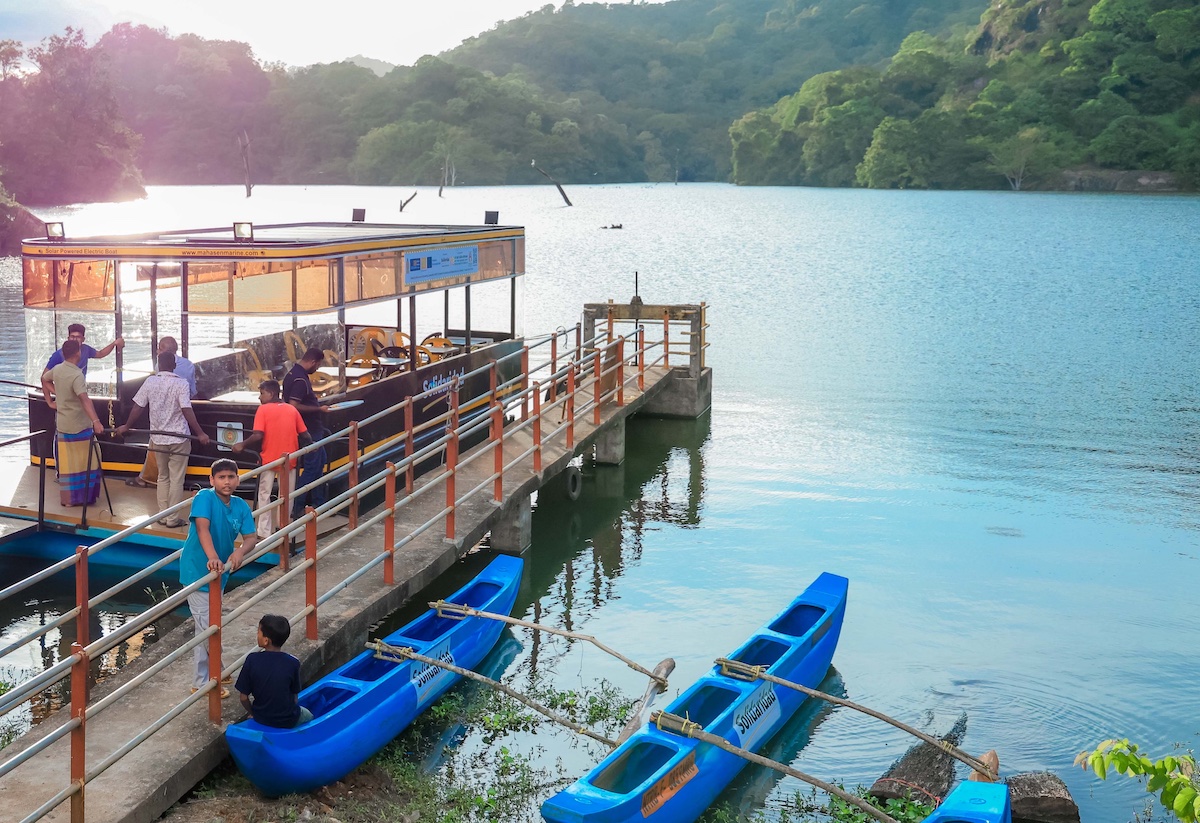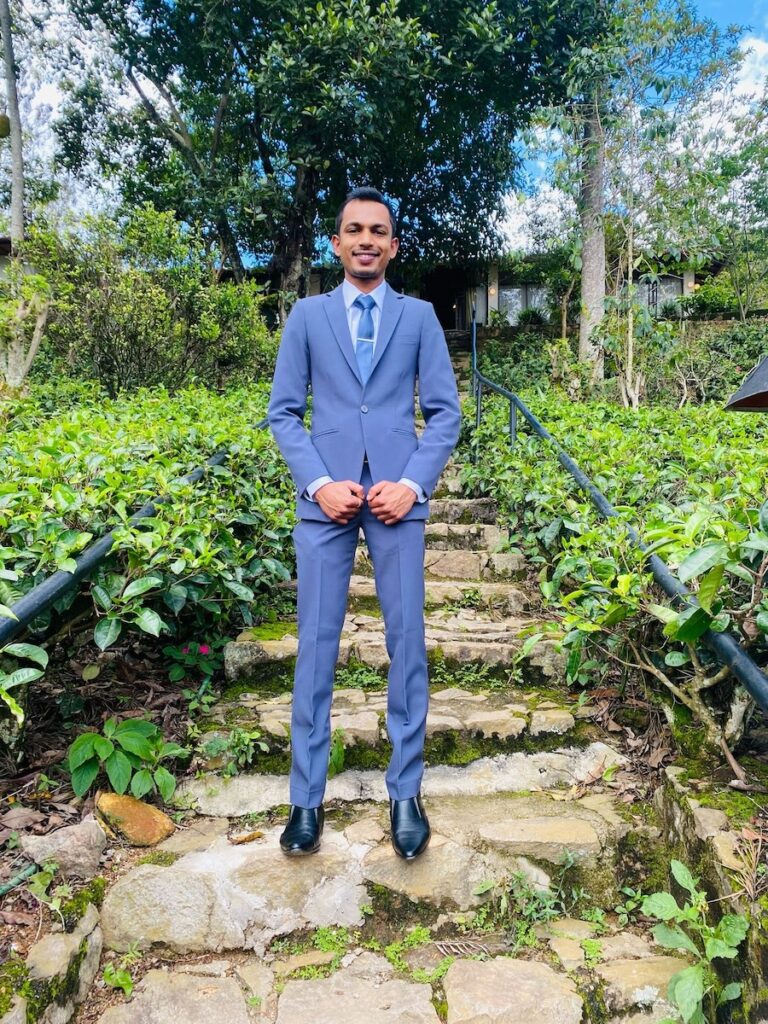
Today, Hashan’s hotel welcomes local and international customers, helping him earn around LKR 150,000–LKR 200,000 (470.29 euros–627.05 euros) every month. However, what really makes the hotel stand out is the somewhat unconventional story behind its beginning.
The COVID-19 pandemic spelled trouble for Hashan, who was living with his mother in their bungalow-styled property. He had been earning a steady income by renting out the space to private companies over the past 25 years, but COVID-19 restrictions put a halt to their means of livelihood. “The property remained vacant during the pandemic years,” Hashan admits.
During this time, Hashan also realized that while this arrangement provided financial stability, it offered limited opportunities for growth and long-term development. He wanted to make better use of the property by starting a new business venture, but he lacked the necessary knowledge and skills to bring it to life.
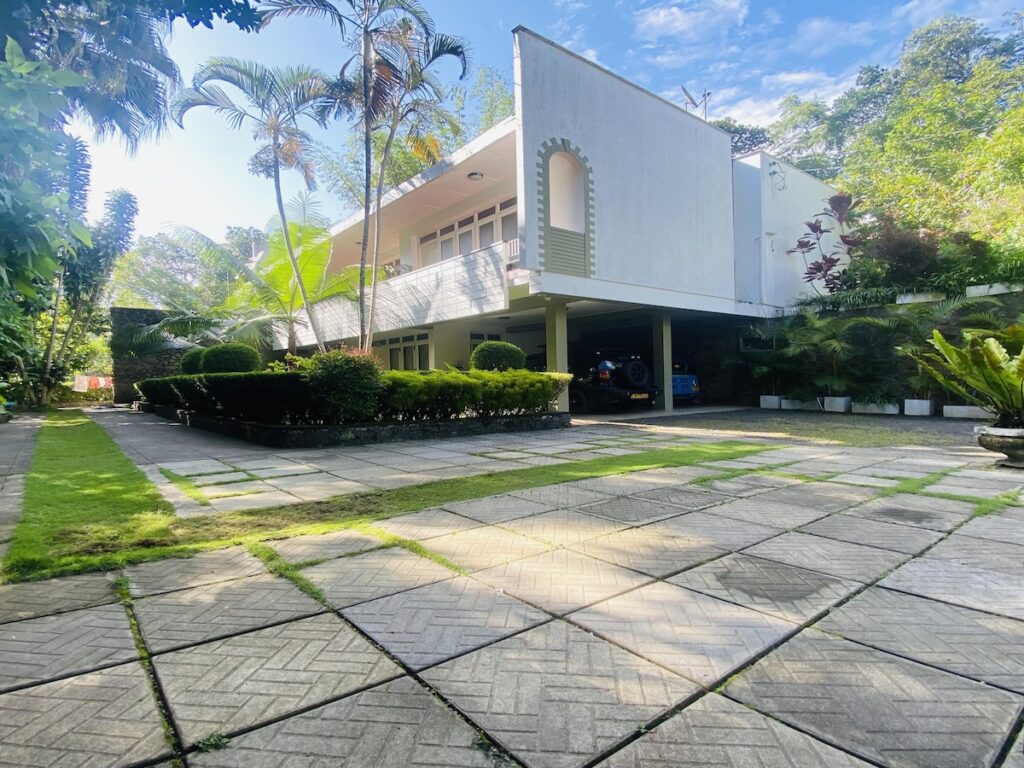
Weathering the Pandemic, Working to Recover
The pandemic hit Sri Lanka’s tourism sector hard, but signs of recovery began from 2022 onwards. Visitor traffic increased by nearly 73% compared to the previous year, while the sector earned an estimated $1,136 million—more than double the $507 million it generated in 2021.
This momentum led Solidaridad to develop the Developing Resources and Empowering Communities (DeREC) programme, in collaboration with the Provincial Ministry of Tourism – Uva Province, in December 2022. The project, funded by the European Union, sought to equip people in the region—in particular women and youth— with the skills needed for tourism-related employment. The programme also encouraged community members to offer value-added services using locally available resources, providing a pathway to better livelihoods.
The province of Uva is blessed with natural riches, and nature- and community-focused tourism is one of the programme’s core objectives. This is achieved through digital marketing and stakeholder engagement initiatives. For example, a dedicated website Visit Uva developed under the programme offers curated tours and immersive experiences of the Uva province. The programme has also strengthened community participation, and is now trying to ensure long-term economic benefits and strengthen resilience for rural enterprise.
Evident in Hashan’s success story is the gradual shift towards eco-friendly practices and the role of the community around him.
“I source fresh vegetables and fruits from a small plot on the property’s premises, as well as from local vendors nearby. This ensures organic, fresh and high-quality ingredients for the meals I prepare for the guests, and more income for the vendors.”
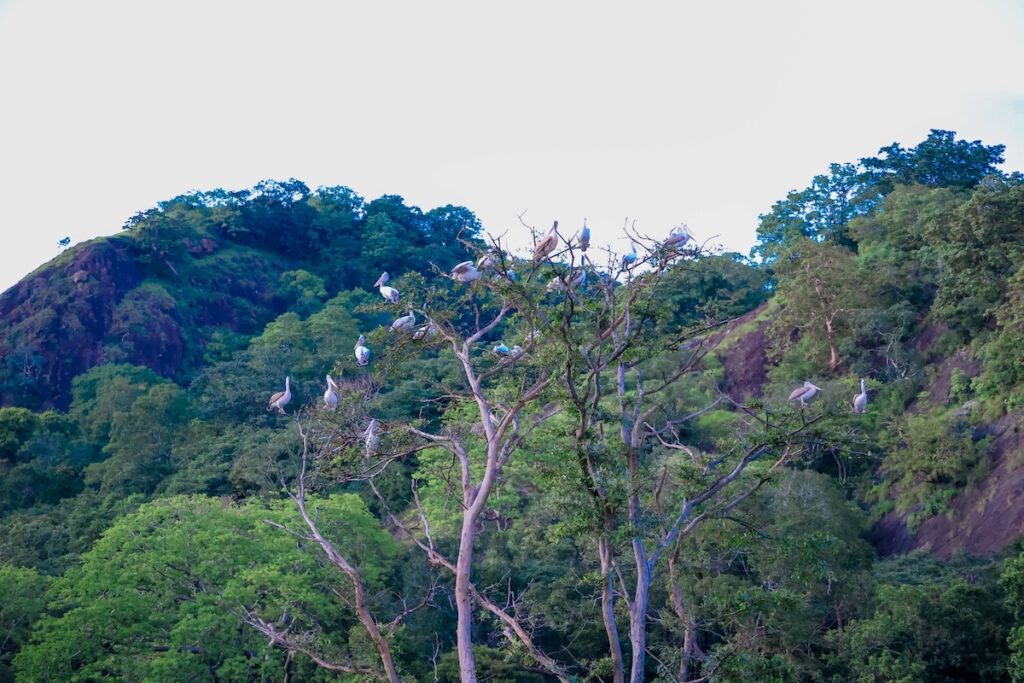
For Hashan, the DeREC project came at just the right time.
“I was selected for a comprehensive all-rounder course facilitated by the Sri Lanka Institute of Tourism and Hotel Management (SLITHM) in Bandarawela, in 2023,” he says.
Under this course, Hashan received training on hospitality management, food and beverage preparation, housekeeping, customer service, and marketing strategies to attract national and international visitors. An emphasis on eco-friendly tourism provided him with tools to create and curate meaningful travel experiences.

Hashan also earned an industry-level certification, offered by Solidaridad and aligned to the standards set by SLITHM, one of the leading government training institutions in the tourism sector. The certificate is recognized by the tourism sector and can help Hashan secure a job, should he need one in the future. For now, Hashan has set his eyes on transforming his family property.
Turning Things Around
Making good use of the rigorous training, Hashan modified the bungalow into the boutique hotel, Palm Grove. Relaunched in August 2024, the hotel thrives on Hashan’s utilization of modern marketing strategies and platforms, such as Facebook and booking websites). This has also helped him attract international visitors. Now his income from the property has doubled compared to pre-COVID times.
In a short time, Hashan has also largely curbed the use of plastic in the hotel, instead relying on alternatives such as ceramic crockery. He also frequently arranges transport for guests upon request, availing the services of local tuk-tuk (auto-rickshaw) drivers and helping them earn extra income.
Hashan’s—and Solidaridad’s—model involve the local community to drive forth long-lasting change. For instance, supporting the futures of 108 youths in the Uva province, who, like Hashan, aspire to be changemakers in the tourism sector, and in the process, are scripting a more sustainable era in the history of Sri Lanka’s tourism industry.
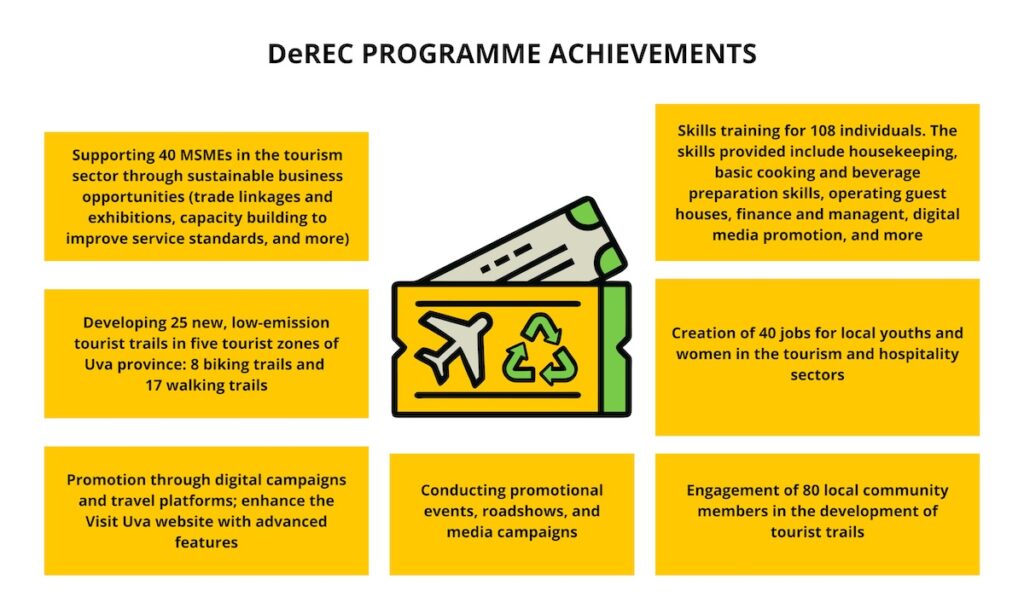
The Making of a Nature-based Tourist Destination
Buduruwagala is mostly known for its ancient rock carvings and an imposing Buddha statue that attracts tourists worldwide. The village is home to a close-knit rural community that is primarily engaged in agriculture and small-scale businesses related to the tourism sector.
The entire community suffered economic hardships during the pandemic, which disrupted food supply chains and stopped tourism activities altogether. Access to basic healthcare facilities was also affected, and many farmers took out loans to survive leading to increased debt levels. However, realizing the potential of nature-based tourism in the village, and with the objective of supporting the village community to overcome their losses, the project identified Buduruwagala as a key location for the initiative.
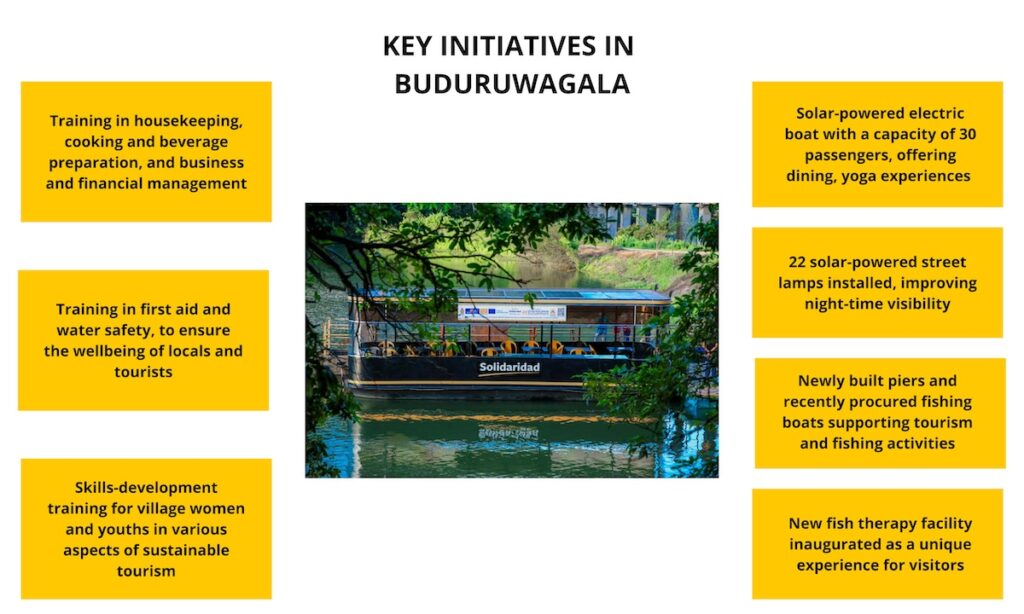
In Buduruwagala, community participation is on full display. This model successfully integrates agriculture with tourism—local farmers and fishermen directly supply fresh produce to Buduruwagala Women’s Society, a local group, which prepares traditional meals for visitors. To ensure a fully immersive experience, visitors engage in authentic village activities, such as traditional cooking, fishing, and cultural performances.
Learn more about the DeREC project in Buduruwagala

